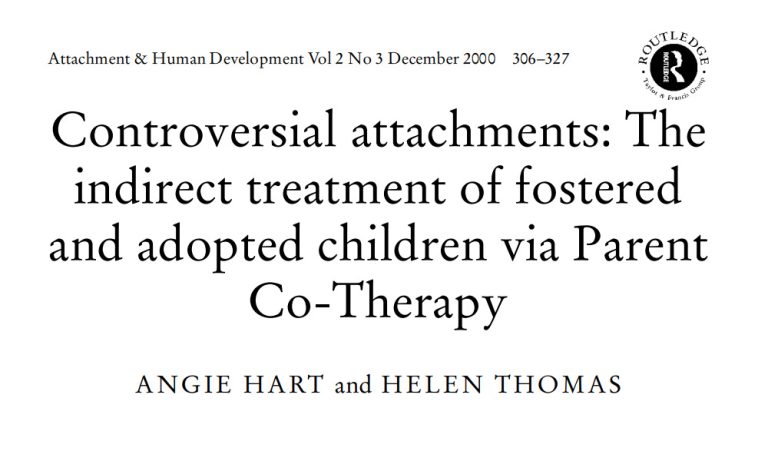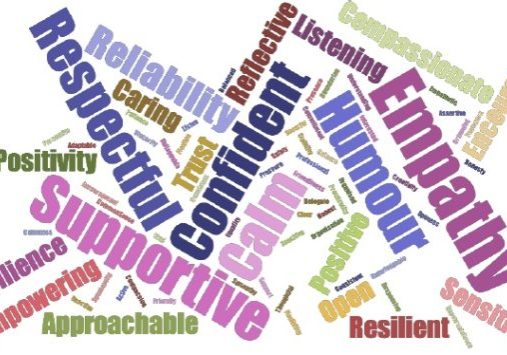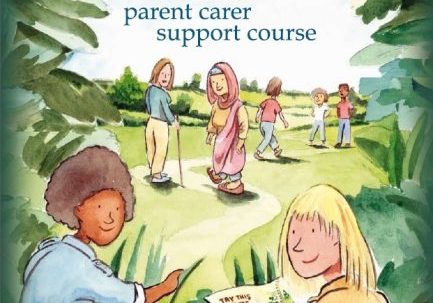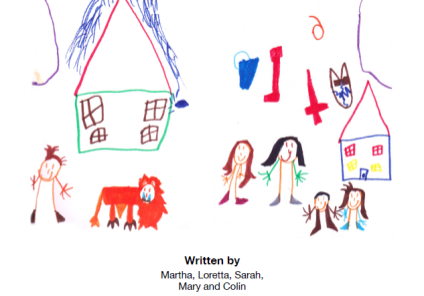In order to protect children from a multitude of treating professionals, thereby potentially further weakening the emerging parental attachments, a model is proposed of indirect treatment of children, with the adoptive parents as co-therapists.
Indirect treatment of fostered and adopted children

Related Resources

Can resilience be measured?
Can resilience be measured? Finding adequate and good ways of measuring is important because we would like to track the effectiveness of resilient building approaches in daily practice, to make sure that people benefit from our interventions, check the quality of our work and continue developing our interventions.

